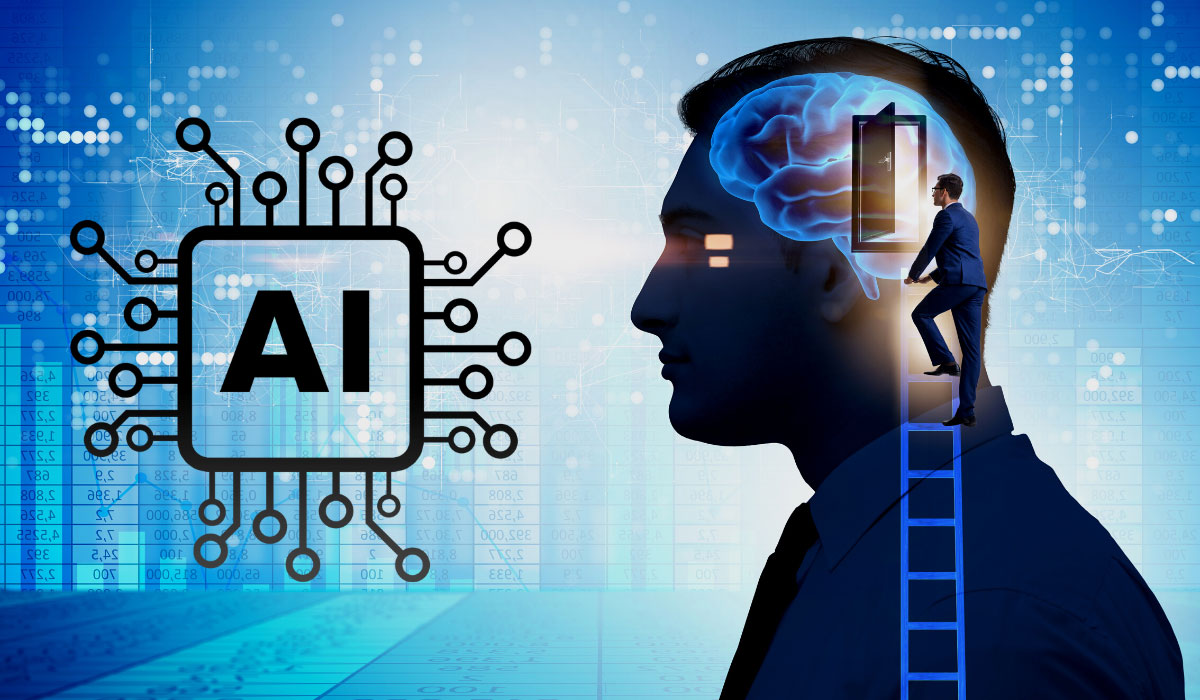The rapid rise of Artificial Intelligence (AI) in the workplace is outpacing our ability to keep up with it. For example, companies are struggling whether and how to allow employees to use ChatGPT at work given the numerous privacy and security risks posed by this new technology. Other companies are being sued by enterprising and creative lawyers who are taking advantage of the yawning gap between existing law and the effects of these technologies. A class action case filed against CVS Health and CVS Pharmacy last month in Massachusetts is the most recent example where AI-based claims are being based on laws that have been on the books for decades.
Massachusetts, like many states, prohibits the use of lie detectors in the hiring process or during employment. The three primary reasons behind these laws are obvious: (1) lie detectors may be unreliable; (2) potential otherwise-qualified employees may not apply for jobs in fear of being asked embarrassing or personal questions during the interview process, and (3) employers might abuse the use of lie detectors by forcing (or threatening) employees to take them as a condition of their employment. For example, it would be quite tempting for an employer conducting a sexual harassment or employee theft situation to require the witnesses and participants to undergo lie detector tests. Fortunately for employees, these laws prohibit such conduct in the workplace, and until now, these laws have not been meaningfully challenged or controversial.
However, new facial-recognition AI tools are on the market that tout the ability to detect numerous personal traits with a high degree of confidence. Some of these traits include “energy, enthusiasm, reliability, honesty, integrity, intelligence, dedication,” among others. CVS is being accused of using these tools to score candidates by running the candidates’ interview videos through this AI-detection tool to determine a candidate’s propensity for truthfulness and honesty. The argument is simple: traditional lie detectors are illegal, so any new tools that promise to do the same thing should also be likewise deemed illegal.
Given this case’s recent vintage, it is too early to tell how the court will decide the outcome. However, it stands as a clear warning to employers to be careful and thoughtful when adopting new technologies in the hiring process. Much like the risk of pouring old wine into new wineskins, as the saying goes, using new technologies without an understanding of how they may violate laws already on the books exposes employers to cutting-edge lawsuits like the one that CVS now faces.
Attorney Brian J. Lamoureux is a Partner on the Firm’s Litigation, Employment, and Cybersecurity teams. He can be reached at bjl@pldolaw.com or 401-824-5155.


